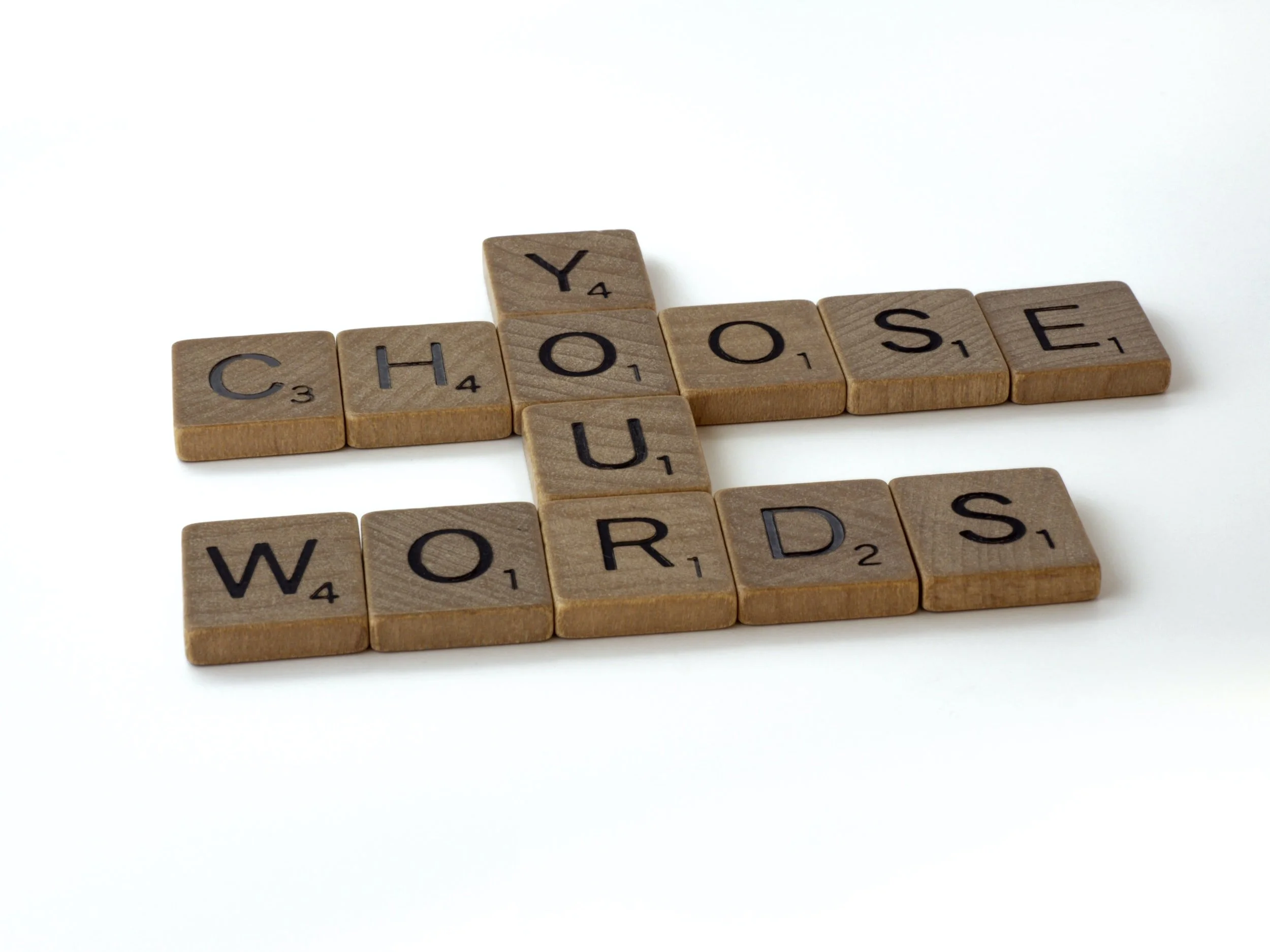Community: Words
In the last year, I have really gotten into audiobooks. I am currently listening to one by Barbra Brown Taylor. Today, Friday, I was listening to it as I was watching the rain come down outside. One of my favorite and most relaxing places is my bedroom, and that is where I was sitting. Me, my bedroom, some water, and my audiobook. There have been a few times in this book where I relistened to the same passage over and over. Today this happened four separate times and this was one of those passages: “As a human rule, I believe human beings never behave more badly towards one another then when they believe they are protecting God.”
Immediately, I relistened, not once, not twice but three times. The third time I wrote it down. This sentence brought up so many questions for me: Why do we, humans, feel like we need to defend God? Has God asked humans to do this? Is this his expectation/ requirement? Does our desire/need to defend God actually make us feel like we are better people? More devoted? Comparatively better Christians? All those questions then made me think of the shadow side when we defend God… Does our defending God show people who God is? Does our defense of Him prove Him to be the All Powerful, Overcoming, Reigning King? Does our defense of God silence others? Dismiss others? Judge others? Does our defense of God actually do any good for God?
Our words matter. How we talk about things, represent things, and defend things matters. Our words can breathe life into someone and encourage greater and deeper community. Our words can also shut a person down and communicate that their thoughts, opinions, and experiences do not really matter to us. But what if all those things really do matter? What if all those things actually matter a lot?! When I look at Jesus, He cared deeply about the thoughts, feelings, and experiences of people. Those things mattered to Him because they mattered to the people He was with. Sometimes I unintentionally shut a person down by giving a religious cliché or by trying to make them feel better in a moment of sadness. Sometimes I say things or want the last word because I like to be right. Sometimes my listening is more about me plotting my next statement rather than truly hearing a person’s heart. If I am honest, sometimes all the words I speak and all the words I hear are more about me than anyone else.
How do we bridge the gaps and invite people into relationships? How do we become invitational learners, ones that can learn from all creatures great and small (shout out to SING)? How do we encourage love instead of hate? I know these are not easy questions. I know there are a lot of thoughts and answers but maybe, this week, we just sit with them and pay attention to what these questions are answering.
Our words matter and our words can bring people together or separate us from one another. May we be people that bless instead of curse, that love instead of hate, that encourage instead of dismiss, that fight for relationship instead of rightness.

